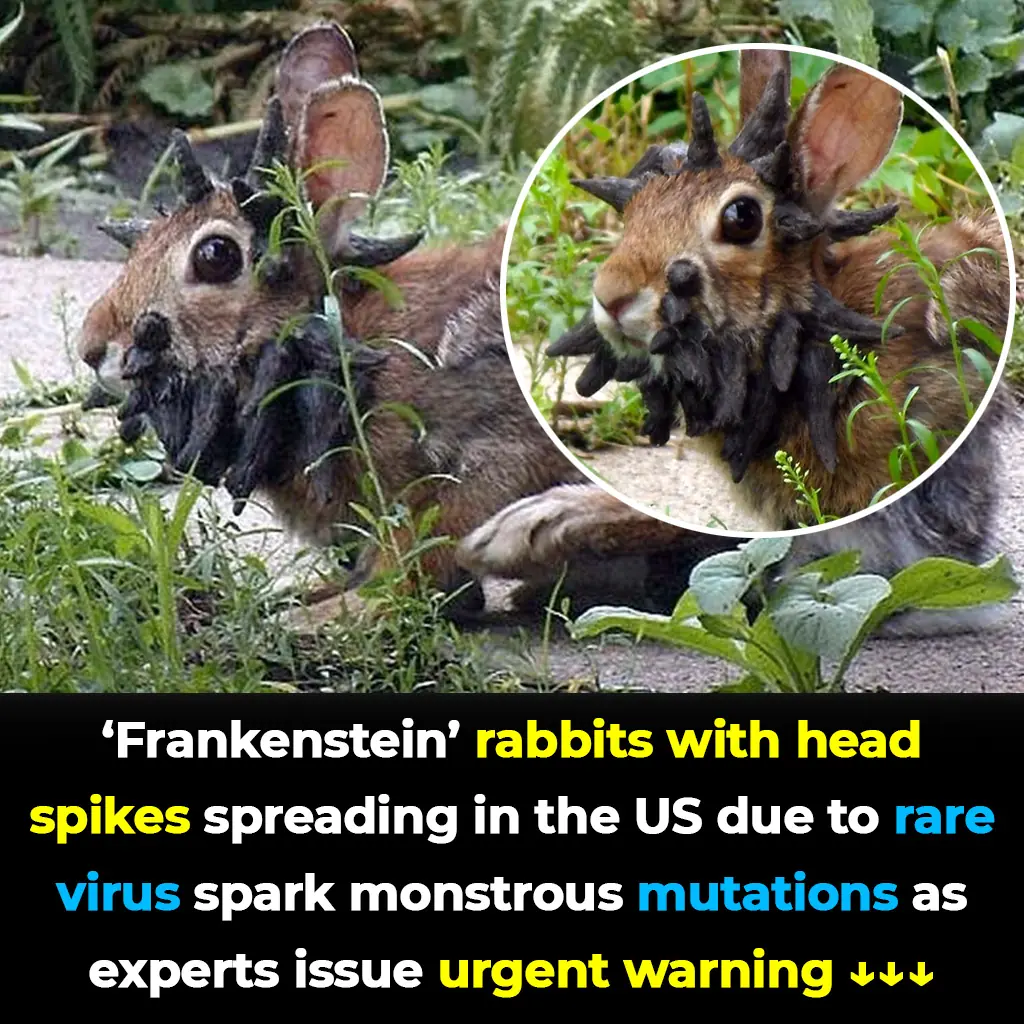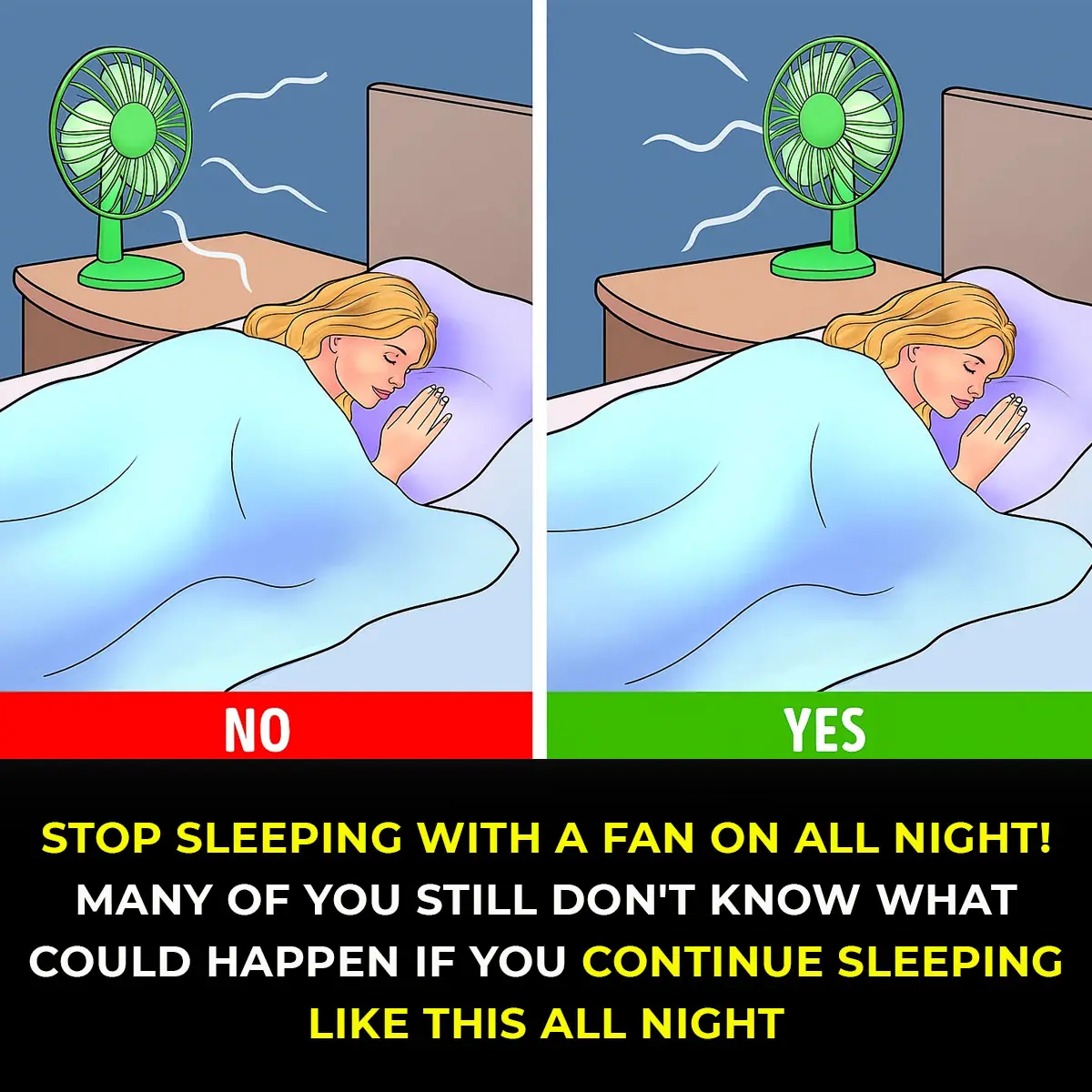
Dogs Start Howling In The Middle of the Night

It’s a familiar scene in many neighborhoods: everything is quiet, the streets are still, and then suddenly—out of nowhere—a wave of barking erupts from multiple homes. Dogs seem to pick up on something we can’t see or hear, setting off a chorus that spreads from yard to yard. But what exactly are they reacting to? Why do dogs often bark simultaneously in the middle of the night?
In this article, we’ll delve into the common causes of nighttime barking, what it might mean, and how best to respond when multiple dogs in your area suddenly start making noise.
Top Reasons Dogs Bark at Night
Dogs are naturally alert, social, and protective creatures. They use barking as a form of expression—whether to warn, communicate, or respond to stimuli. At night, when everything is quiet, even minor disturbances can prompt a vocal reaction. Here are the most frequent causes behind that sudden, widespread barking:
1. Alerting to Nearby Hazards or Intrusions
One of the most common reasons dogs bark at night is to alert their humans—or other dogs—of potential dangers or intrusions. Their hearing is far more sensitive than ours, and they’re attuned to even subtle sounds.
Common triggers include:
-
A stranger walking down the street
-
A vehicle pulling into a driveway
-
Wild animals passing nearby
-
Unfamiliar or sharp sounds, such as snapping twigs or metal clanking
What might seem insignificant to us—like a raccoon rustling in the bushes—can be perceived by a dog as a threat. Their instincts drive them to raise the alarm, and this behavior can quickly ripple to neighboring dogs.
2. Reacting to Wildlife or Stray Animals
Dogs are highly sensitive to the presence of other animals. Nocturnal creatures like raccoons, opossums, foxes, or even stray cats often become more active after dark. A dog may hear or smell one before it’s visible, prompting a bark.
In many cases, this starts a chain reaction:
-
One dog senses movement and begins barking
-
Nearby dogs hear it and assume there may be a threat
-
Barking spreads through the neighborhood like a chain of falling dominoes
Dogs also have territorial instincts, and the presence of unfamiliar animals can trigger a strong defensive response—even if the animal isn’t directly threatening.
3. Anxiety, Fear, or Loneliness
Nighttime can be unsettling for dogs, especially those with separation anxiety or high sensitivity to sound. Without the stimulation and presence of their owners, some dogs become nervous or restless.
They may bark due to:
-
Feeling alone or isolated
-
Loud or abrupt noises (e.g., fireworks, sirens, thunder)
-
Recent changes in their routine or surroundings
Dogs are also highly empathetic. If one dog barks out of fear or stress, others nearby may sense that tension and begin barking in solidarity, even if they’re not sure why.
4. Social Communication Between Dogs
Sometimes barking isn’t about fear or alarm—it’s just dogs talking to each other. Dogs are pack animals by nature and often communicate vocally with other canines nearby.
Their barking may include:
-
Territorial messages (“This is my yard!”)
-
Responses to another dog’s alert bark
-
General social interaction or call-and-response behavior
In densely populated neighborhoods or rural areas with multiple dogs, this “social barking” can happen nightly. It’s not necessarily a sign of distress—it’s just how dogs check in with one another.
5. Increased Activity of Nocturnal Wildlife and Environmental Stimuli
Many animals are more active at night, and dogs—especially those left outdoors or near open windows—are acutely aware of this. Even the faint scurry of a mouse or the distant cry of a fox can prompt a dog’s instinct to bark.
Other environmental triggers include:
-
Shifting winds carrying unfamiliar scents
-
Motion sensor lights turning on
-
Distant barking from another neighborhood
Dogs with a strong prey drive or protective instinct will react quickly to these minor cues, and once one dog starts, others often follow suit.
What to Do If Multiple Dogs Bark at Night
Hearing a chorus of barking dogs at midnight can be jarring, even if it’s not unusual. Here's how to respond calmly and wisely:
1. Stay Calm:
Most barking is harmless. Dogs are simply responding to their instincts. Avoid panic or overreacting unless you observe something suspicious.
2. Listen and Observe:
Take a moment to listen. Are the barks sharp and urgent, or more casual and intermittent? Scan your surroundings (safely from inside) for any activity or movement.
3. Avoid Confronting the Source Alone:
If there’s a genuine concern—like signs of an intruder or a wild animal—don’t investigate alone. Your safety comes first.
4. Report When Necessary:
If the barking is excessive, ongoing, or linked to suspicious activity, consider alerting local animal control or non-emergency law enforcement.
5. Address Your Own Dog’s Behavior:
If your dog is contributing to the noise, consider:
-
Bringing them indoors during late hours
-
Providing a calming nighttime routine
-
Using white noise to mask outdoor sounds
-
Ensuring they’ve had enough exercise and stimulation during the day
Final Thoughts: When Dogs Bark in Chorus
While it may sound chaotic, group barking is usually a natural, instinctive behavior. Dogs are wired to alert, protect, and communicate—especially when the world quiets down and their senses are heightened.
Instead of viewing barking as just a nuisance, it helps to understand what your dog is trying to say. By paying attention to the context and patterns, you can better interpret their behavior—and even help calm the chorus when needed.
After all, your dog’s nighttime barking may be their way of looking out for you, their family, and their territory.
News in the same category


How To Properly Dispose of Ticks

Why Do You Keep Waking Up Between 3 and 5 A.M.? Causes, Explanations, and What It Means for Your Health

Deadly Secrets of Ticks: How to Remove and Dispose of Them Safely Before They Harm You
Ticks may be small, but their impact on human and pet health can be enormous.

Frankenstein Rabbits With Tentacle-Like Horns Spark Invasion As Rare Virus Causes Monstrous Mutations
Although they may look frightening or pitiful, they remain a natural example of how viruses can drastically alter an animal’s appearance.

Only the Sharpest Eyes Can Find All 6 Hidden Words in This Living Room Challenge
If you love solving puzzles and challenges, this viral hidden words image is just for you!

The Hidden Purpose of That Tiny Hole in a Safety Pin Will Surprise You
That tiny hole in a safety pin isn’t just decoration - it’s proof that even the simplest everyday tools can hide smart design secrets.

This Appears to Be a Void in Space. In Truth, It’s Full of Stars in the Making

Potentially hostile’ alien threat could attack Earth in a few months, scientists claim

NASA issues major update on 'not natural' space object aiming at Earth that could be 'dire for humanity'

What’s the Purpose of That Tiny Hole in a Safety Pin

82-Year-Old Woman Reverses Dementia Symptoms with Mediterranean Diet

UK Mom’s Faceplant at Sports Day Goes Viral Online

Woman Declared Dead for 8 Minutes - What She Saw Will Change Everything You Believe About Life and Death
A 33-year-old woman from Colorado was clinically d:ead for eight minutes—yet she insists she never lost awareness and discovered that death is only an illusion. Her extraordinary account challenges science, spirituality, and everything we think we know

What would actually happen if Earth lost oxygen as NASA reveals we're already 'running out'

The Mysterious Spiritual Meaning Of Black Butterflies Entering Your Home
Black butterflies carry meanings that are as mysterious as they are beautiful.

Fatty Liver: Causes, Symptoms, Treatment & Home Remedies

What Are Sebaceous Filaments and Why Are They on Your Face?

This is what sleeping on the left side does for our brain, stomach & glymphatic health
News Post

If Your Feet Swell It Is a Clear Sign

What Your Feet Are Telling You

6 Health Benefits of Sleeping In a Cold Room and How to Make it Cooler- And Why You May Not Want to Use a Fan

The Hidden Meaning Behind Leg-crossing — It’s More Than Just Comfort

10 Symptoms of Diabetes That May Show Up In Your Feet

How To Properly Dispose of Ticks

This is what sleeping on the left side does for our brain, stomach & glymphatic health

12 Best Foods To Support Digestive and Gut Health

Study suggests anal cancer is on the rise and reveals who’s most at risk

Wife Complains of a Headache, Sleeps, and Dies Without Husband Knowing: This Type of Headache Requires Immediate Hospitalization!

Why Do You Keep Waking Up Between 3 and 5 A.M.? Causes, Explanations, and What It Means for Your Health

Deadly Secrets of Ticks: How to Remove and Dispose of Them Safely Before They Harm You
Ticks may be small, but their impact on human and pet health can be enormous.

Frankenstein Rabbits With Tentacle-Like Horns Spark Invasion As Rare Virus Causes Monstrous Mutations
Although they may look frightening or pitiful, they remain a natural example of how viruses can drastically alter an animal’s appearance.

Only the Sharpest Eyes Can Find All 6 Hidden Words in This Living Room Challenge
If you love solving puzzles and challenges, this viral hidden words image is just for you!

Shocking Effects of Sleeping Less Than 7 Hours — What Really Happens to Your Body
Getting less than seven hours of sleep might feel harmless, but science shows it can quietly damage your body in ways you don’t expect. From hormonal imbalances to skin problems and even digestive issues, sleep deprivation affects far more than just you

The Hidden Purpose of That Tiny Hole in a Safety Pin Will Surprise You
That tiny hole in a safety pin isn’t just decoration - it’s proof that even the simplest everyday tools can hide smart design secrets.

Doctors Explain Why You Should Never Hold Back a Fart
On average, every person passes gas 14 to 23 times per day—it’s a natural part of being human and actually shows that your digestive system is functioning properly.

This Appears to Be a Void in Space. In Truth, It’s Full of Stars in the Making

Potentially hostile’ alien threat could attack Earth in a few months, scientists claim
